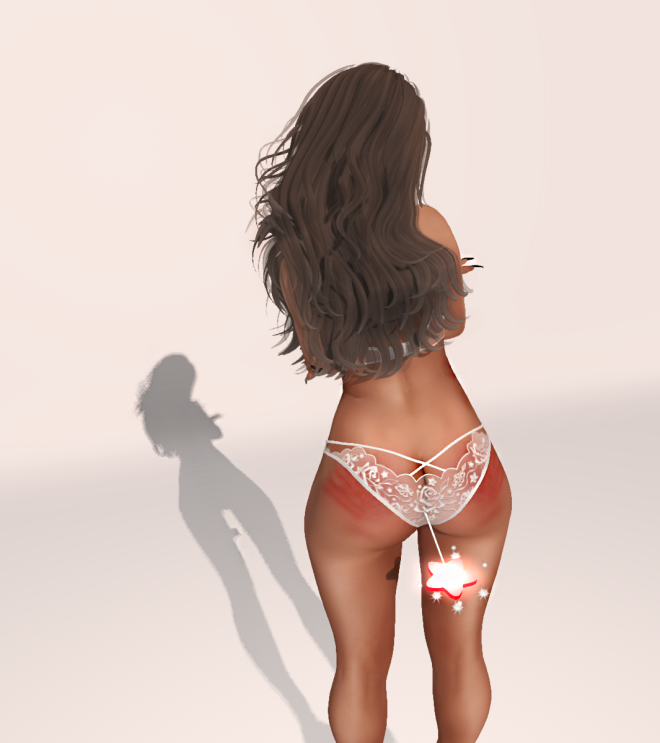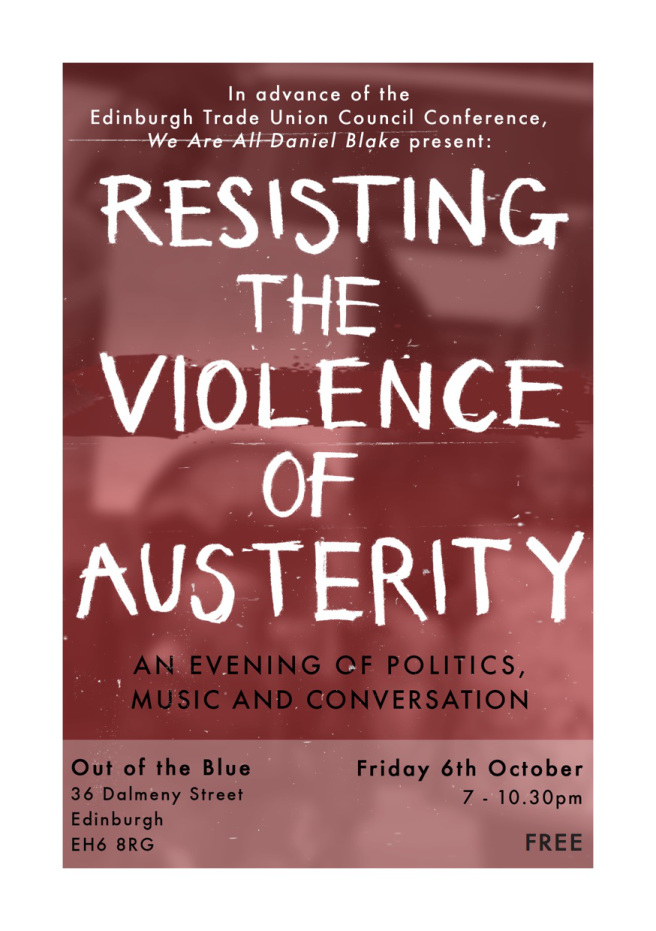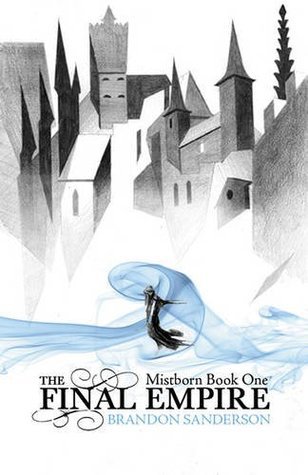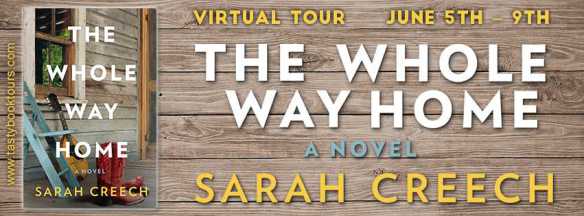 Former film critic, teacher, and screenwriter turned award-winning horror author Gemma Files will be a guest lecturer at this summer’s Odyssey workshop. Her most recent book, Experimental Film (ChiZine Publications), won both y 2015 Shirley Jackson Award for Best Novel and the 2016 Sunburst Award for Best Adult Novel. Her other works include the Weird Western Hexslinger series (A Book of Tongues, A Rope of Thorns and A Tree of Bones), a dark fantasy story-cycle (We Will All Go Down Together: Stories of the Five-Family Coven), two short fiction collections (Kissing Carrion and The Worm in Every Heart), and two chapbooks of speculative poetry, along with over eighty short stories, novellas, and novelettes. Five of her stories were adapted into episodes of the dark erotica anthology series The Hunger (1997-1999 on Showtime, produced by Tony and Ridley Scott), two by herself.
Former film critic, teacher, and screenwriter turned award-winning horror author Gemma Files will be a guest lecturer at this summer’s Odyssey workshop. Her most recent book, Experimental Film (ChiZine Publications), won both y 2015 Shirley Jackson Award for Best Novel and the 2016 Sunburst Award for Best Adult Novel. Her other works include the Weird Western Hexslinger series (A Book of Tongues, A Rope of Thorns and A Tree of Bones), a dark fantasy story-cycle (We Will All Go Down Together: Stories of the Five-Family Coven), two short fiction collections (Kissing Carrion and The Worm in Every Heart), and two chapbooks of speculative poetry, along with over eighty short stories, novellas, and novelettes. Five of her stories were adapted into episodes of the dark erotica anthology series The Hunger (1997-1999 on Showtime, produced by Tony and Ridley Scott), two by herself.
As a guest lecturer at this summer’s Odyssey Workshop, you’ll be lecturing, workshopping, and meeting individually with students. What do you think is the most important advice you can give to developing writers?
Don’t censor yourself—all writing is useful writing, even if you don’t think it is at the time. Basically, it’s far easier to fix bad writing than it is to generate writing from the ground up, however good, especially under pressure. My own process tends to start with notes that slowly grow into sections of prose, develop a spine and blend together like fungus. I write maybe three unnecessary words for each necessary one, but unless you do your due diligence, you won’t have anything to cut down to. Letting go of the impulse to edit before you can proceed is the single most important lesson I’ve learned as a professional writer.
Your work tends to be dark and is sometimes described as “weird fiction.” How do you create dark and weird atmospheres in your stories?
For me, mood—like plot—always grows directly out of character, in particular the way a character perceives the world, which inevitably becomes a building block of the character’s identity; is the glass half full, or half empty? Is there more darkness and less light so light is weaker than dark, or is the fact that there’s any light at all a sort of victory? What are they likely to notice or skip over in any given environment, and how does this relate to their personal philosophy?
As a film critic, I’ve always been leery of any narrative I think is trying to manipulate me emotionally, but I can’t help but notice that my resentment of those sorts of tactics decreases the more the story in question confirms my own worldview—it’s something I won’t take from a mainstream romance or comedy, but when a movie like Arrival makes me cry or a movie like Elle makes me laugh, I walk away satisfied rather than disappointed. Why? Because on some level, I feel like what they have to say to me is “true.” Figure out your main character’s truths, and the way they see the world becomes clear enough to permeate the narrative on every other level.
So think of it this way: all horror begins with the mounting but inescapable sense that something is wrong on a fundamental level, a realization that often presents itself incrementally, on both the broad and narrow scale. So how do you bring that idea across? We float in a perceptual void for the most part, taking most empirical evidence on trust, especially where it concerns the things which exist outside our most immediate experience. Challenge that trust and the world begins to change, usually not for the better; the weird enters in, or shows itself to have always underlain what we told ourselves was “normal.”
Congratulations on your novel Experimental Film winning the Shirley Jackson Award as well as the Sunburst Award for Best Adult Novel. The main character, Lois Cairns, is a film critic and parent to a child on the Autism Spectrum, which mirrors part of your life. Did you find this made it more difficult or less difficult to write this story? What advice do you have for writers wanting to mine their own experiences for a story?
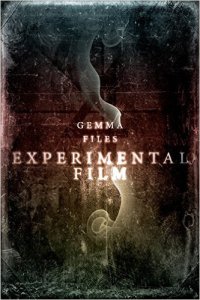 Look for the overall emotional truth first, instead of getting bogged down by the details. I used to resent the idea of “writ[ing] what you know,” until I realized that the evocation of universal shared experiences is the single easiest way to reach an audience, hands down, and Experimental Film grew directly out of that perception. We all think we’re so singular and difficult to understand, but the fact is, we really aren’t; no matter what you might have thought or done over the years, what you believe sets you apart from every other “normal” person, there is someone out there for whom your personal reality mimics their own, and that person will react to discovering the commonality they share with you by imprinting on your fiction like a baby duck. I have a small audience, probably, but they’re repeat customers, and I value that. Also, writing about your life allows you to take control of it in a way that living your life never will, which I find immensely helpful on a personal basis.
Look for the overall emotional truth first, instead of getting bogged down by the details. I used to resent the idea of “writ[ing] what you know,” until I realized that the evocation of universal shared experiences is the single easiest way to reach an audience, hands down, and Experimental Film grew directly out of that perception. We all think we’re so singular and difficult to understand, but the fact is, we really aren’t; no matter what you might have thought or done over the years, what you believe sets you apart from every other “normal” person, there is someone out there for whom your personal reality mimics their own, and that person will react to discovering the commonality they share with you by imprinting on your fiction like a baby duck. I have a small audience, probably, but they’re repeat customers, and I value that. Also, writing about your life allows you to take control of it in a way that living your life never will, which I find immensely helpful on a personal basis.
You are also a film critic. How has watching and deconstructing movies helped you with your own writing?
Roger Ebert used to call the cinema an “empathy machine,” which I think is absolutely correct—films allow you to boil other people’s experiences down into bite-sized two-hour chunks and share them in a safe, public space, (hopefully) in the company of others, while re-confirming that nothing human is really all that alien to us. It’s like a church ritual for the secular, in a lot of ways—always the same, but deepening and widening on re-examination, as the techniques used to create it become clearer. It’s finished, so it can’t really change, and yet in a way it does change constantly, particularly as it rubs up against whatever filters each new person who interacts with it brings to the table. The other great thing about film is that it sort of has you at “hello,” in that the simple act of turning a camera on anything is basically enough to make it interesting; I have an amazing amount of patience for watching stuff spin out in real-time as long as it’s doing so onscreen, because I’m constantly thinking both ahead and inside, measuring my idea of what might happen against my reaction to what actually winds up happening. It’s almost meditative, in that it allows me to inhabit the moment, which I find difficult to do otherwise.
What I take away from film overall, therefore, is that there is probably “a point” to investment in almost any story. Film keeps me curious, and curiosity is the fuel that drives the fiction engine. That’s very useful when you’re writing, because you often end up not just thinking about your own opinion of what you’re doing, but also about what the reader might be going through during their journey through the narrative you’re creating. There’s a certain tension between giving in to audience expectation and subverting it that I find very powerful; sometimes you have to give your readers what they need rather than what they want, but unless you know what they’re likely to want, that isn’t really going to work. So in a way, an appreciation for basic cinematic structure can force you to think about the emotional logic and integrity of everything you do.
You wear many hats! In addition to being an author and film critic, you are also a screenwriter. What has screenwriting taught you that you applied to your fiction writing?
I think it’s made me more visual generally, but what it’s been really useful for is teaching me the value of transitions, as well as the necessity of keeping your narrative active. The idea of being able to simply “cut to” the most important moment of any given sequence cannot possibly be underrated.
How many stages does your work go through before you send it off to a publisher? How much of your time is spent writing the first draft, and how much time is spent in revision? What sort of revisions do you do?
 For Experimental Film, I spent almost three years working out the structure in dribs and drabs, writing over 30,000 words of notes and prose that I then organized into an outline; I talked about the idea a lot, hammered out the parameters, worked on the background and subplots while figuring out the most appropriate delivery system for the narrative. My big breakthrough was when I realized that my main character, Lois Cairns, was essentially going to have to be a very overt version of myself, albeit with a few small contextual tweaks. Then I was finally assigned a fixed deadline, and ended up slapping the novel’s first draft together over the first three months of 2015.
For Experimental Film, I spent almost three years working out the structure in dribs and drabs, writing over 30,000 words of notes and prose that I then organized into an outline; I talked about the idea a lot, hammered out the parameters, worked on the background and subplots while figuring out the most appropriate delivery system for the narrative. My big breakthrough was when I realized that my main character, Lois Cairns, was essentially going to have to be a very overt version of myself, albeit with a few small contextual tweaks. Then I was finally assigned a fixed deadline, and ended up slapping the novel’s first draft together over the first three months of 2015.
Once done, I sent it in, after which it got formatted and was sent back for a rough structural edit, followed by line edits. The whole thing took maybe three passes to get to where I was happy enough with it to sign off on publication. And this is all fairly normal, in terms of how I work—I often “get” the beginning and the end immediately, then have to spend a certain amount of time figuring out exactly how I’m going to have to travel from A to Z, so it’s less about what happens and more about why it happens. The longest I’ve ever gone between idea and execution is ten years, with my short story “Kissing Carrion,” but I just can’t do that these days. Deadlines keep me honest and energized.
What’s the biggest weakness in your writing these days, and how do you cope with it?
I definitely have my tics, and they annoy me every time I notice them. All I can ever do is try to remove excess verbiage and repetition, to boil things down as simply as possible, polish and check stuff twice, then let it go. Nothing is ever going to be perfect, and accepting that is one of the best things you can do for yourself.
What’s next on the writing-related horizon? Are you starting any new projects?
I have two novels I’m supposed to be working on. One, called Nightcrawling, is for ChiZine Publications; the other is being done “on spec.” Nightcrawling also rifles my own life, specifically my memories about a really bad stretch of my childhood, which is both exciting and scary. But I got sick around Christmas, then got hit by a case of what they’re calling the “six-week flu,” so I’m behind on my commitments. There’s also a delivery schedule for pieces for various short story anthologies to work around, which is pretty much how my life has gone for the last five years. I’m just happy to be busy.
Advertisements Share this: